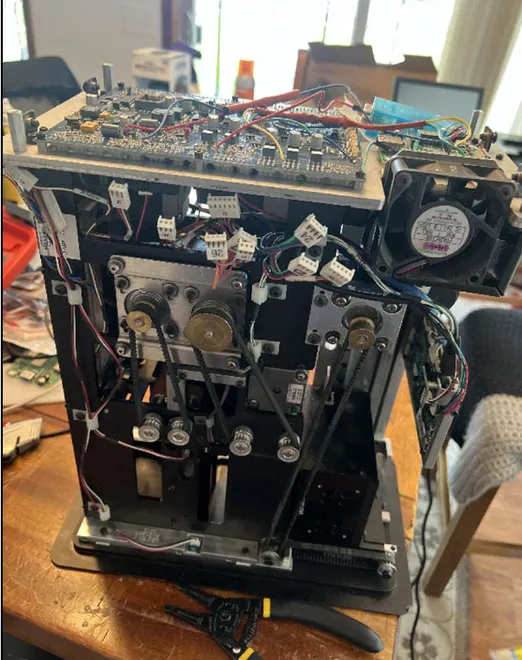
By Stephanie Gallagher
Fraud With Peril Blog
Everyone knows that “money talks.” The biggest problem for former Congressman William J. Jefferson, however, may be that witnesses talk, even if money doesn’t.
The case against Congressman Jefferson is infamous because of $90,000 in cash found in his freezer in 2005. When that money was found, the story was all over the news, and many people believed Jefferson guilty, without hearing anything more.
Most people don’t have $90,000 in their freezers, and it is an easy issue for the general public to grasp. Recognizing that position, in opening statements this week, Jefferson’s defense attorney began by providing his explanation for the “cold hard cash:” the money was provided to Jefferson for a bribe, but Jefferson never intended to bribe the foreign official in question, and simply hid the money from his household employees.
The plausibility of that explanation can be debated (and has been debated vociferously at the Levin & Gallagher water cooler). If the jury believes the defense’s explanation, or, more importantly, believes that the government has failed to prove that the frozen money was intended for a bribe, then acquittal is certainly possible on that count.
The government’s decision not to call the cooperating witness (CW) who provided the $90,000 in marked bills to Jefferson may help the defense’s position (although Jefferson’s recorded phone calls with that CW may still provide compelling evidence).




